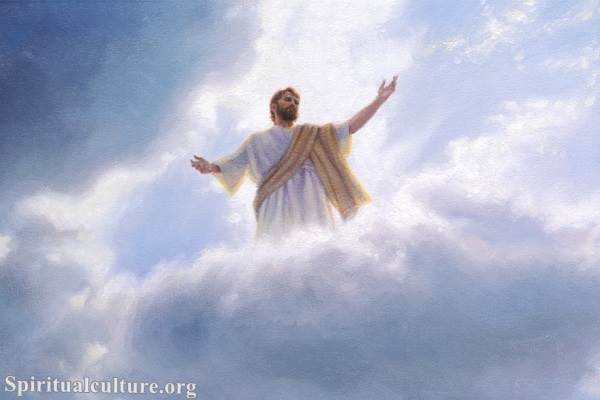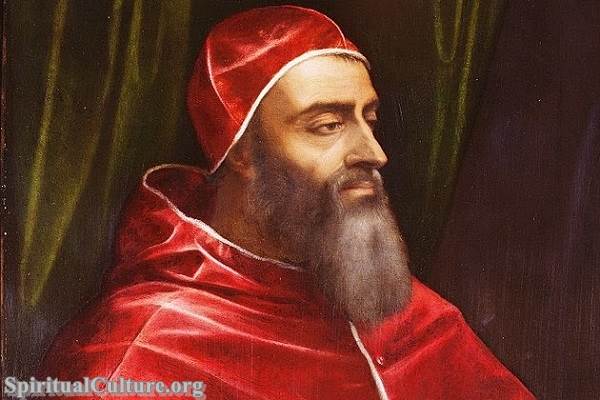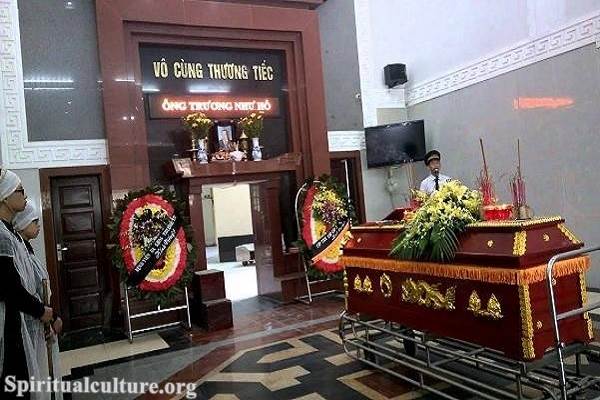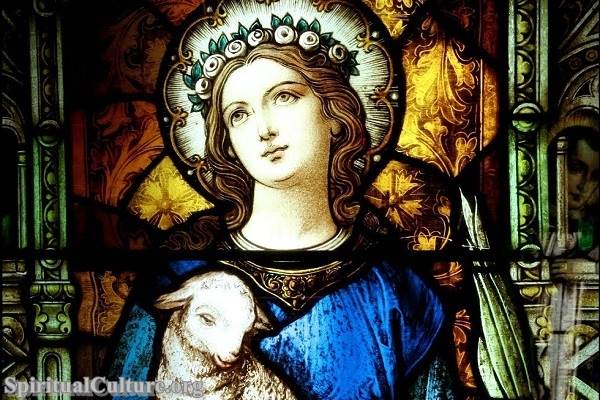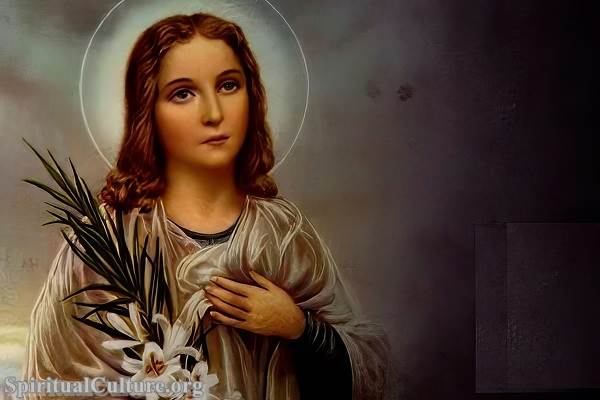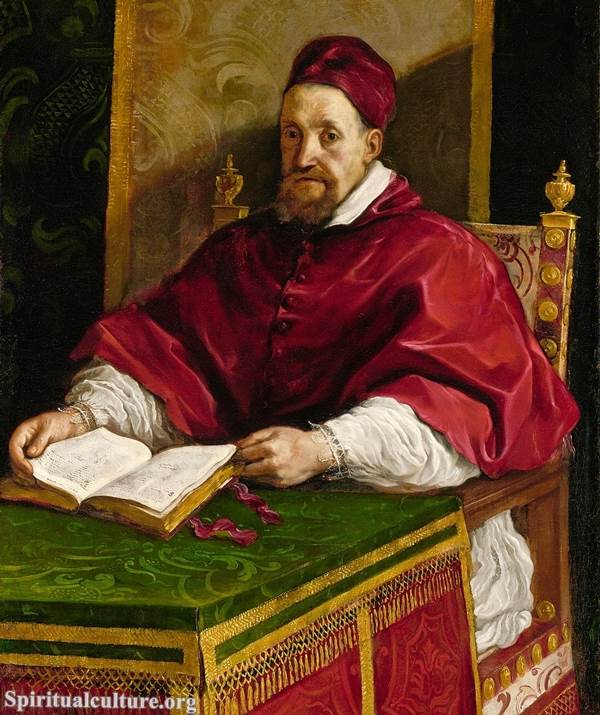The Catholic Church has seen a long line of Popes, each one contributing to the religion’s history and development in their own unique way. Pope Pius VIII, one of the lesser-known Popes, had a relatively brief pontificate that lasted only for 20 months from 1829 to 1830. However, his contributions to Catholicism during his tenure are significant and worth exploring.
Pope Pius VIII was born as Francesco Saverio Castiglioni on November 20, 1761, in Cingoli, Italy. He was ordained as a priest at the age of 24 and quickly rose through the ranks of the Catholic Church due to his exceptional intelligence, commitment, and piety. He was appointed as the bishop of Montalto in 1800 and later served as the bishop of Cesena and the archbishop of Frascati.
Pope Pius VIII and Catholicism
Pope Pius VIII was elected as the 253rd Pope on March 31, 1829, after the death of Pope Leo XII. His papacy was marked by his steadfast commitment to the teachings of Catholicism and his dedication to the spiritual welfare of the Catholic faithful.
One of the most significant aspects of Pope Pius VIII’s pontificate was his response to the changing social, political, and religious landscapes of the 19th century. The Catholic Church faced numerous challenges during this period, including the rise of secularism, the spread of Protestantism, and the political upheavals in Europe. Pope Pius VIII, however, remained unwavering in his defense of Catholicism.
His encyclical “Traditi Humilitati,” issued in May 1829, clearly articulated his views on the issues confronting the Church. He condemned religious indifferentism, a belief that all religions are equally valid, and argued for the unique truth of Catholicism. He also denounced the Bible societies that were spreading Protestant versions of the Bible, reaffirming the Church’s authority in interpreting the Scriptures.
Pope Pius VIII also opposed secular governments’ attempts to interfere in Church affairs. He criticized the government of the Netherlands for its suppression of Catholic monastic orders and its control over the appointment of bishops. He also expressed his disapproval of the French government’s restrictions on the Church’s freedom.
Moreover, Pope Pius VIII took steps to strengthen the Church’s internal discipline. He issued a document, “Litteris altero,” which called for stricter enforcement of the Church’s matrimonial laws and condemned clandestine marriages.
Despite his short pontificate, Pope Pius VIII left a lasting impact on Catholicism. His unwavering commitment to the Church’s doctrines and his strong stance against external interference in Church affairs set a clear direction for the Church in a time of great change and uncertainty. He defended the Church’s spiritual authority and ensured its continuity, reflecting his deep love for the Church and his dedication to its mission.
Pope Pius VIII died on November 30, 1830, but his legacy continues to influence the Catholic Church today. He is remembered as a Pope who stood firm in his faith and defended the Church with courage and conviction. His life and pontificate serve as a powerful reminder of the enduring relevance of the Church’s teachings and the importance of steadfast leadership in times of challenge and change.
In conclusion, the life and papacy of Pope Pius VIII, though brief, were marked by an unwavering commitment to Catholicism. Despite the many challenges and changes of his time, he remained steadfast in his defense of the Church’s teachings and authority. His life serves as a testament to the enduring power of faith and the importance of strong leadership in the Catholic Church.
